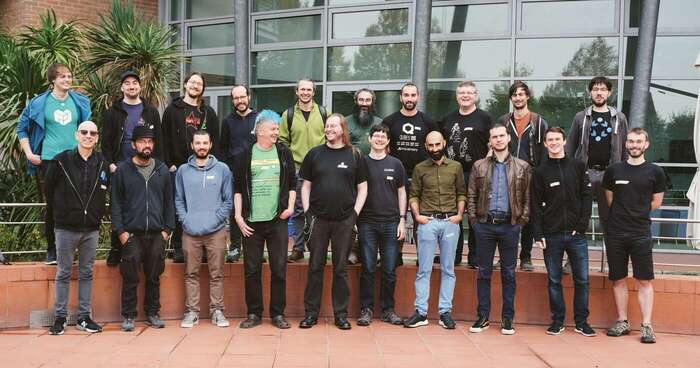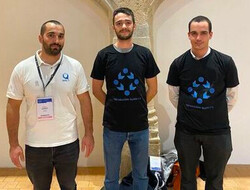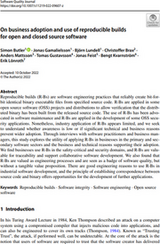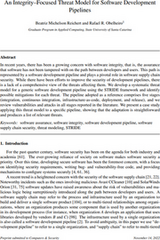Dirk Eddelbuettel: RcppArmadillo 0.11.4.3.1 on CRAN: Updates

 Armadillo is a powerful
and expressive C++ template library for linear algebra and scientific
computing. It aims towards a good balance between speed and ease of use,
has a syntax deliberately close to Matlab, and is useful for algorithm
development directly in C++, or quick conversion of research code into
production environments. RcppArmadillo
integrates this library with the R environment and language and is
widely used by (currently) 1034 packages other packages on CRAN, downloaded 27.6 million
times (per the partial logs from the cloud mirrors of CRAN), and the CSDA paper (preprint
/ vignette) by Conrad and myself has been cited 509 times according
to Google Scholar.
This release brings another upstream bugfix interation 11.4.3,
released in accordance with the aimed-for monthly release cadence. We
had hoped to move away from suppressing deprecation warnings in this
release, and had prepared over two dozen patch sets all well as pull
requests as documented in issue
#391. However, it turns out that we both missed with one or two
needed set of changes as well as two other sets of changes triggering
deprecation warnings. So we expanded issue
#391, and added issue
#402 and prepared another eleven pull requests and patches today.
With that we can hopefully remove the suppression of these warnings by
an expected late of late April.
The full set of changes (since the last CRAN release 0.11.4.2.1)
follows.
Armadillo is a powerful
and expressive C++ template library for linear algebra and scientific
computing. It aims towards a good balance between speed and ease of use,
has a syntax deliberately close to Matlab, and is useful for algorithm
development directly in C++, or quick conversion of research code into
production environments. RcppArmadillo
integrates this library with the R environment and language and is
widely used by (currently) 1034 packages other packages on CRAN, downloaded 27.6 million
times (per the partial logs from the cloud mirrors of CRAN), and the CSDA paper (preprint
/ vignette) by Conrad and myself has been cited 509 times according
to Google Scholar.
This release brings another upstream bugfix interation 11.4.3,
released in accordance with the aimed-for monthly release cadence. We
had hoped to move away from suppressing deprecation warnings in this
release, and had prepared over two dozen patch sets all well as pull
requests as documented in issue
#391. However, it turns out that we both missed with one or two
needed set of changes as well as two other sets of changes triggering
deprecation warnings. So we expanded issue
#391, and added issue
#402 and prepared another eleven pull requests and patches today.
With that we can hopefully remove the suppression of these warnings by
an expected late of late April.
The full set of changes (since the last CRAN release 0.11.4.2.1)
follows.
Courtesy of my CRANberries, there is a diffstat report relative to previous release. More detailed information is on the RcppArmadillo page. Questions, comments etc should go to the rcpp-devel mailing list off the R-Forge page. If you like this or other open-source work I do, you can sponsor me at GitHub.Changes in RcppArmadillo version 0.11.4.3.1 (2023-01-14)
- The
#define ARMA_IGNORE_DEPRECATED_MARKERremains active to suppress the (upstream) deprecation warnings, see #391 and #402 for details.Changes in RcppArmadillo version 0.11.4.3.0 (2022-12-28) (GitHub Only)
- Upgraded to Armadillo release 11.4.3 (Ship of Theseus)
- fix corner case in
pinv()when processing symmetric matrices- Protect the undefine of
NDEBUGbehind additional opt-in define
This post by Dirk Eddelbuettel originated on his Thinking inside the box blog. Please report excessive re-aggregation in third-party for-profit settings.










